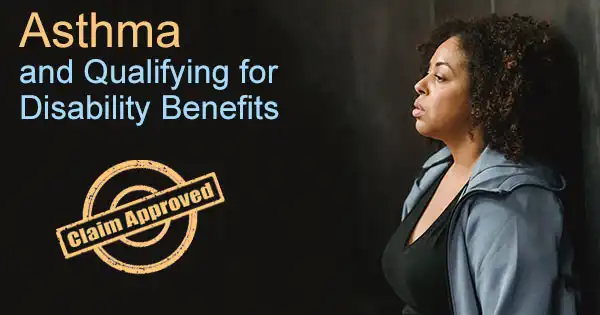Each year, the Social Security Administration (SSA) updates its list of Compassionate Allowances (CAL) — severe medical conditions that clearly meet the SSA’s definition of disability. The CAL program helps individuals with the most severe illnesses receive faster decisions on their Social Security Disability Insurance (SSDI) or Supplemental Security Income (SSI) claims.
According to the SSA, a qualifying disability is a medical condition that:
Prevents you from engaging in substantial gainful activity (work), and
Is expected to last at least one year or result in death.
What Is The Compassionate Allowances Program?
The disability benefits process can be long and complex, often taking many months or even years to finalize. For individuals and families facing a life-changing diagnosis, that delay can create overwhelming financial and emotional hardship.
The Compassionate Allowances program ensures that applicants with the most serious medical conditions do not face unnecessary delays. Claims flagged under the CAL list may be fast-tracked for review, meaning they may move more quickly through the system. This allows those with qualifying conditions to receive critical financial support sooner, easing some of the stress of dealing with a devastating illness.
New Conditions Added in 2025
In August 2025, the SSA expanded the Compassionate Allowances list to include several additional rare and severe conditions, including:
Au-Kline Syndrome – A rare genetic disorder causing developmental delays and multiple congenital anomalies.
Bilateral Anophthalmia – Absence of both eyes, resulting in blindness at birth.
Carey-Fineman-Ziter Syndrome – A congenital disorder leading to facial weakness, scoliosis, and respiratory problems.
Harlequin Ichthyosis (Child) – A life-threatening genetic skin condition affecting newborns.
Hematopoietic Stem Cell Transplantation – A high-risk procedure used to treat serious blood and immune disorders.
LMNA-related Congenital Muscular Dystrophy – A progressive muscle-wasting disease affecting mobility and cardiac function.
Progressive Muscular Atrophy – A rare neurological disease similar to ALS that causes muscle weakness and wasting.
Pulmonary Amyloidosis – AL Type – Caused by abnormal protein buildup in the lungs, leading to respiratory failure.
Rasmussen Encephalitis – A rare neurological disease that leads to chronic seizures and progressive brain damage.
Thymic Carcinoma – A rare and aggressive cancer of the thymus gland.
Turnpenny-Fry Syndrome – A developmental disorder characterized by intellectual disability and growth delays.
WHO Grade III Meningiomas – Malignant brain tumors with aggressive growth and recurrence.
Zhu-Tokita-Takenouchi-Kim Syndrome – A severe genetic disorder causing multiple developmental and medical complications.
What Does This Update Mean for Disability Applicants?
If you or a loved one has been diagnosed with one of these newly added Compassionate Allowance conditions, your SSDI or SSI claim may qualify for expedited review. While medical documentation is still required, the SSA’s recognition of these conditions allows your claim to move through the process much faster — helping you get the financial relief you need when you need it most.
How Disability Attorneys of Michigan Can Help
At Disability Attorneys of Michigan, we understand how overwhelming it can be to face a serious medical condition while navigating the Social Security Disability process. Our experienced attorneys are committed to helping individuals and families obtain the benefits they deserve as efficiently as possible.
We’ll work with you to ensure your claim is documented correctly, submitted, and supported with the evidence the SSA requires. If your condition qualifies under the Compassionate Allowances program, we’ll make sure your case receives the expedited attention it deserves. If you or someone you love has been diagnosed with a qualifying condition for Compassionate Allowances, contact Disability Attorneys of Michigan today for a free consultation. We’re here to guide you every step of the way.
Contact us today by submitting a form online or calling our office at 800-949-2900 for a free legal consultation.


























